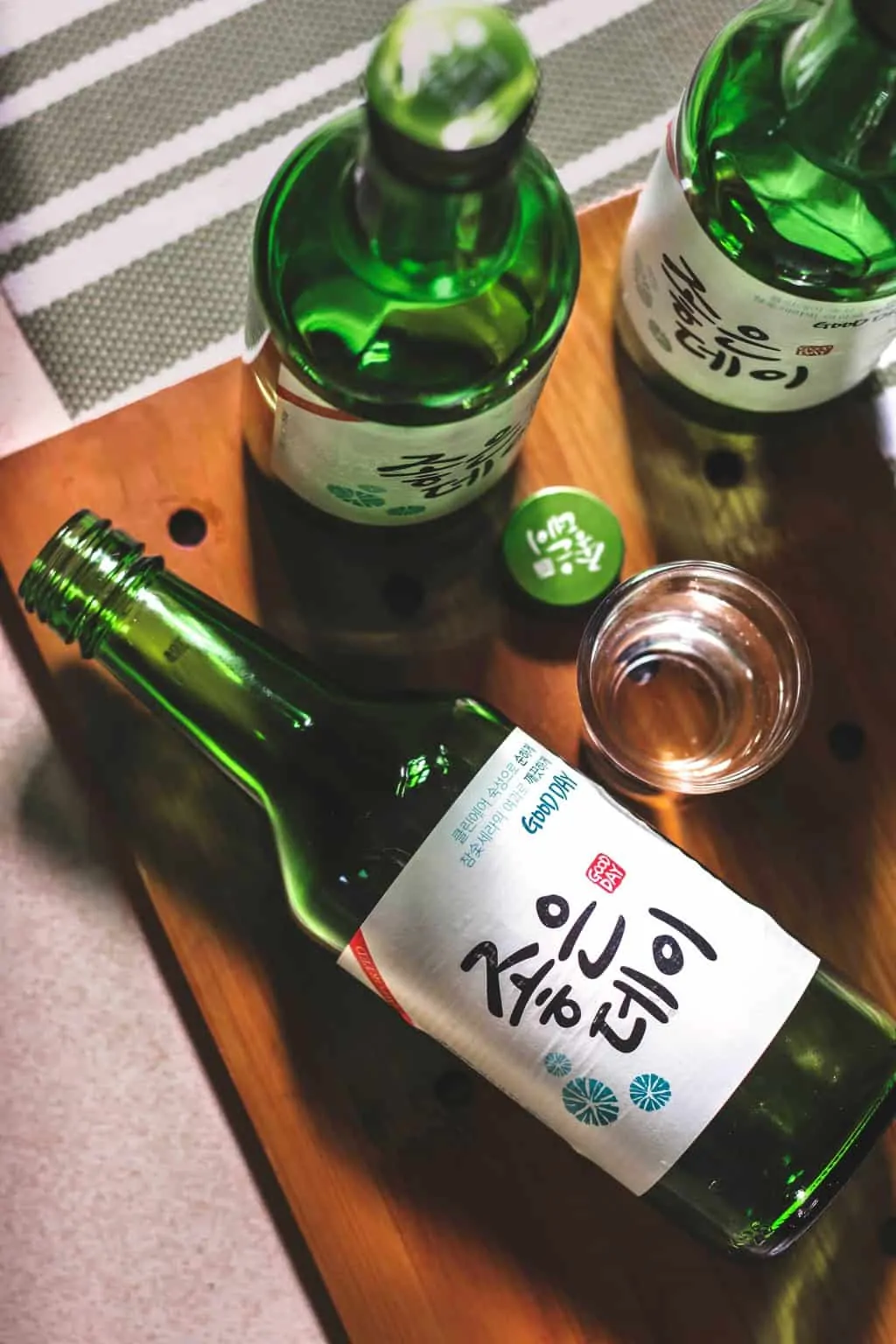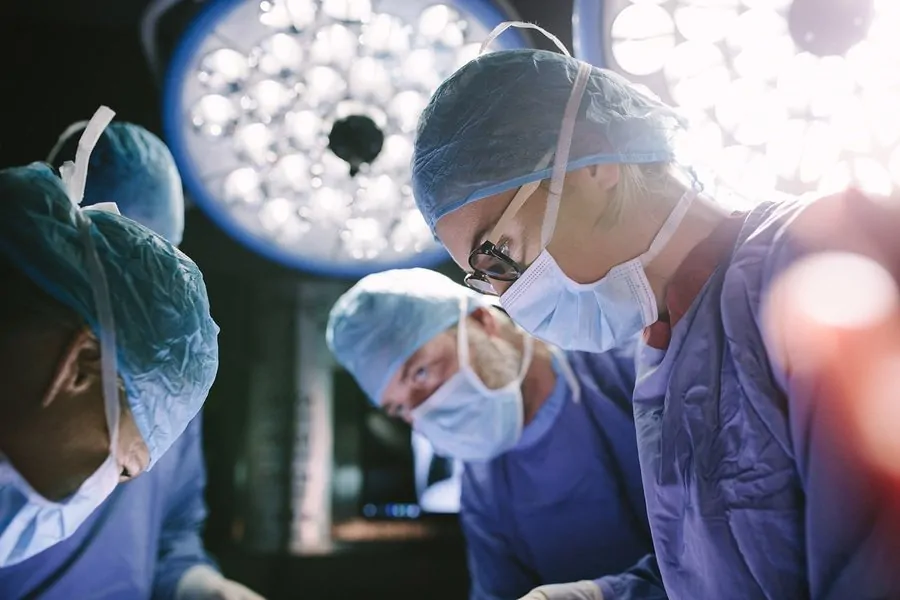There are lots of reasons why you would want to learn how to say “surgery” in Korean.
Maybe it could be an accident while living in Korea and you need to go to the hospital. Perhaps you are considering visiting Korea for medical tourism. Or, possibly you want to brush up on some medical terminology from your favorite K-Drama or Korean movie.
We’ve got you covered!
Today we will learn how to say “surgery” in Korean.
Contents
‘Surgery’ in Korean
There are two main words for how to say surgery in Korean, depending on which of its meanings you wish to express. If you wish to say surgery as the medical procedure, the word to use is 수술 (susul). As such, the operating room where the surgery will take place is also referred to as 수술실 (susulsil).
However, if you are referring to a department and a type of surgery, the correct word to use is 외과 (oegwa). This is also the academic term for surgery. In addition, if you are referring to a surgeon, you will also use the word 외과 (oegwa) rather than 수술 (susul).
In addition to these words, make sure you’re learning the basics of Korean vocabulary. We’ve got the essential list on this page.
Associations for ‘Surgery’ in Korean
For remembering the word for “surgery” let’s create two stories for each meaning.
To remember the medical procedure, or operation, word in Korean (수술 | susul) we’ll use the breakdown of the words 수 (su) can also mean “number” in Korean and 술 (sul) can mean “alcohol”. Knowing this, we can create the story:
The operation can only be performed after the doctors consume a high number (수 | su) of alcoholic (술 | sul) beverages. = 수술 (susul)
To remember the “surgery department” (외과 | oegwa), think of the Native American hut called a “wig-wam” (also known as tipi’s) which sounds similar to oegwa. Think of the story:
All surgery departments in Korea are located outside in wig-wams. = 외과 | oegwa (This story has the added benefit of looking ridiculous in your mind, which should make it easier to remember)
라식 수술 (rasik susul) = LASIK surgery
성형 수술 (seonghyeong susul) = plastic surgery
심장 수술 (simjang susul) = heart surgery
뇌 수술 (noe susul) = brain surgery
교정 수술 (gyojeong susul) = corrective operation
수술 환자 (susul hwanja) = surgical patient
수술을 받다 (susureul batda) = to receive surgery
외과 치료를 받다 (oegwa chiryoreul batda) = to receive surgical treatment
임상 외과 (imsang oegwa) = orthopedic surgery
정형외과의 (jeonghyeongoegwaui) = orthopedic surgeon
신경외과의 (singyeongoegwaui) = neurosurgeon
심장외과 의사 (simjangoegwa uisa) = heart surgeon
Can't read Korean yet? Click here to learn for free in about 90 minutes!
A word of caution about Romanization
While it is possible for you to study the words in this article simply by reading their romanized versions, it will come in handy for you to be able to read Hangeul if you ever wish to come to Korea. Hangeul (the Korean alphabet) is simple to learn. In fact, you can learn it in just 90 minutes.
After you’ve familiarized yourself with Hangeul, life in Korea will suddenly seem so much easier and the country won’t appear so foreign for you. So, if you’re serious about learning Korean, why not learn Hangeul today?
Sample Sentences
Formal:
이 수술을 받기 12시간 전부터 아무것도 드시지 마세요. (i susureul batgi 12sigan jeonbuteo amugeotdo deusiji maseyo.)
You are not allowed to eat for 12 before the surgery.
수술을 하게 된다면 비용이 얼마세요? (susureul hage doendamyeon biyongi eolmaseyo?)
How much would doing the surgery cost?
Standard:
오늘 제가 받을 수술에 대해 질문할게 좀 있어요. (oneul jega badeul susure daehae jilmunhalge jom isseoyo.)
I have some questions regarding my surgery today.
우리 할아버지는 수술 중에 사망했대요. (uri harabeojineun susul junge samanghaetdaeyo.)
They said our grandfather passed away during surgery.
지난달에 외과의사가 제 부러진 팔을 수술했어요. (jinandare oegwauisaga je bureojin pareul susulhaesseoyo.)
A surgeon operated on my broken arm last month.
Informal:
너의 수술날짜가 언제지? (neoui susullaljjaga eonjeji?)
When is your surgery date?
우리 누나는 작년에 신장이식 수술을 받았어. (uri nunaneun jangnyeone sinjangisik susureul badasseo.)
Our sister received kidney transplant surgery last year.
나중에 무릎 수술을 받아야 할 것 같아. (najunge mureup susureul badaya hal geot gata.)
It looks like I’ll need an operation on my knee later.
So what will you do now that you know how to say ‘surgery’ in Korean? If you’re thinking about plastic surgery, Korea is the place. Are there other medical terms you’d like to learn in Korean? Let us know in the comments below!
Photo Credit: BigStockPhoto








